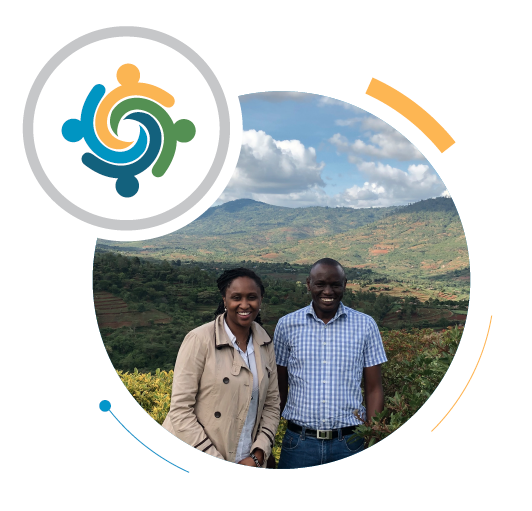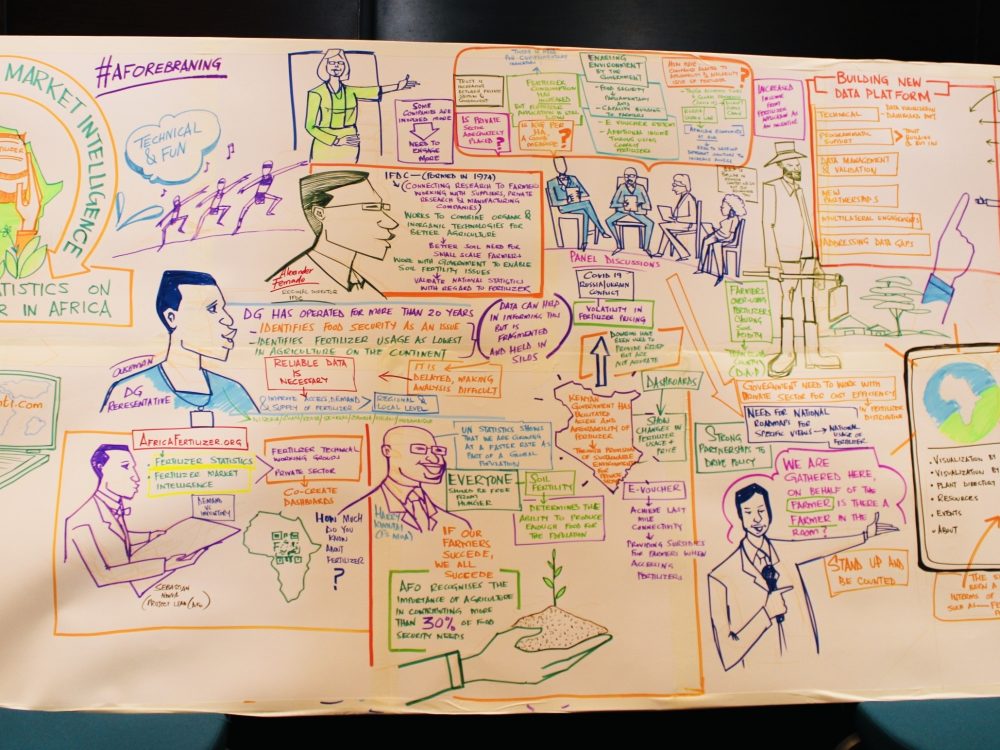Sharing DG’s Strategic Vision
Development Gateway’s mission is to support the use of data, technology, and evidence to create more effective and responsive institutions. We envision a world where institutions listen and respond to the needs of their constituents; are accountable; and are efficient in targeting and delivering services that improve lives. Since late 2018, we’ve been operating under a strategy (full version here) that allows us to go deeper into what we’re good at, doubling down where we’ve seen positive feedback and using our unique strengths to tackle persistent, complex challenges.

To meet our mission, we have identified four key organizational objectives to guide us, supported by three programmatic pillars to define our focus.
O1. We will increase the use of data and evidence by partner country governments and development agencies for policy and programming.
O2. We will provide evidence that leads to increased investment in – and effectiveness of – government administrative data systems.
O3. We will increase the transparency, equity, and accountability of getting and using public financial resources.
O4. We will increase the responsiveness of international data communities to on-the-ground realities of government, civil society, and private sector actors.
After examining which program areas have been most successful – in terms of not only implementation, but sustainability and policy-impactful learning – we distilled our work into three programmatic pillars: 1) Effective Service Delivery (Agriculture; Heath; and Monitoring, Evaluation, and Learning [MEL]), 2) Public Financial Management (Aid Effectiveness, Open Contracting, and Extractive Industries), and 3) Organizational Data Strategy & Policy.
These three areas include DG’s historical programs, like the Aid Management Platform (AMP), as well as recent sector-focused programming, such as the Visualizing Insights on Fertilizer for African Agriculture (VIFAA) Program.

Though our wide range of programs and projects are housed across the pillars, central to each pillar is one cross-cutting theme. Across our work, we operate under the theory that data-driven decision-making requires an enabling environment in which i) the right data exist; ii) skills and tools are available for analysis of data; iii) both authorization and incentives to analyze data are present; and iv) there is feedback on data availability and quality. When these components are present, decisions (or the ability to do something differently) can be driven by data.
We are also focusing on how power dynamics and gender play roles in data-use and technology. Not only are we more frequently applying a gender lens to our programming, we are using our Custom Assessment Landscaping Methodology (CALM) to unpack the common assumptions made during technology and data system design. We believe that all voices have value, and we seek input from diverse and often new sources and perspectives in program and technology design.
Under our 2018-2021 strategic vision, we will continue to strengthen data-driven decision-making enabling environments, applying this approach across our programmatic pillars and sharing what we learn along the way to ensure that global actors are learning from, prioritizing, and responding to country-level needs.
Share This Post
Related from our library

Building a Sustainable Cashew Sector in West Africa Through Data and Collaboration
Cashew-IN project came to an end in August 2024 after four years of working with government agencies, producers, traders, processors, and development partners in the five implementing countries to co-create an online tool aimed to inform, support, promote, and strengthen Africa’s cashew industry. This blog outlines some of the key project highlights, including some of the challenges we faced, lessons learned, success stories, and identified opportunities for a more competitive cashew sector in West Africa.

Digital Transformation for Public Value: Development Gateway’s Insights from Agriculture & Open Contracting
In today’s fast-evolving world, governments and public organizations are under more pressure than ever before to deliver efficient, transparent services that align with public expectations. In this blog, we delve into the key concepts behind digital transformation and how it can enhance public value by promoting transparency, informing policy, and supporting evidence-based decision-making.

From Data Gaps to Impact: Key Insights from the VIFAA Program
Over the last six years, DG, together with its partners AfricaFertilizer (AFO) and Wallace & Associates, collaborated to implement the Visualizing Insights on Fertilizer for African Agriculture (VIFAA) Program. In the program’s final year (2024), the team undertook a “program learning process” to reflect on outcomes, challenges, and successes through internal interviews. This blog captures five key learnings, which we hope will guide similar programs aiming to bridge data gaps in agricultural development.